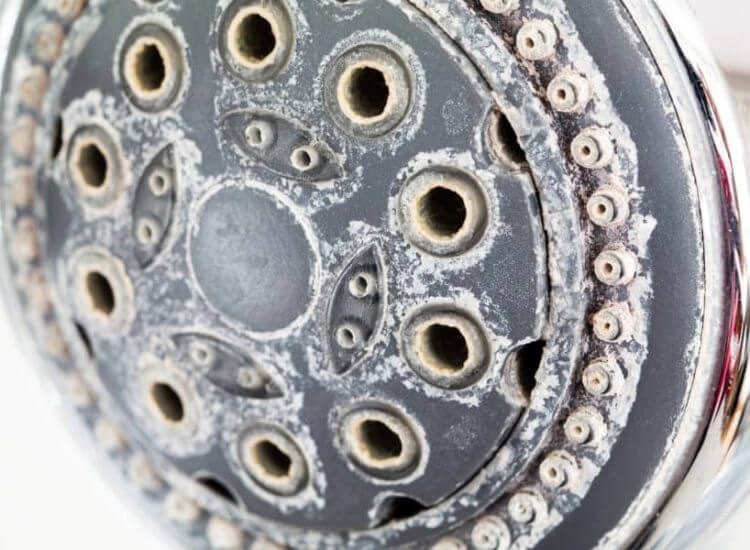Efficient Water: Maintaining Your Water Softener

Efficient Water: Maintaining Your Water Softener
Introduction: The Importance of Water Softener Maintenance
Maintaining your water softener is essential for ensuring it functions efficiently, providing you with soft water and preventing the buildup of mineral deposits. In this guide, we’ll explore the steps and tips for proper water softener maintenance, helping you prolong its lifespan and maintain the quality of your water.
Understanding Water Softener Basics: A Quick Overview
Before delving into maintenance, it’s beneficial to understand the basics of how a water softener works. Water softeners remove hardness minerals, such as calcium and magnesium, from your water supply. The softener contains resin beads that attract and trap these minerals, preventing them from entering your plumbing and appliances.
Regular Cleaning of the Brine Tank: Preventing Salt Bridges
One of the critical components of a water softener is the brine tank, which holds the salt used in the regeneration process. Regularly
Soft Water Bliss: Essential Tips for Water Softener Maintenance

Introduction: Preserving the Benefits of Soft Water
Maintaining a water softener is crucial to ensure it continues providing the benefits of soft water, such as preventing limescale buildup and enhancing the efficiency of appliances. In this comprehensive guide, we’ll walk you through essential tips for water softener maintenance to keep your system running smoothly.
Understanding How Water Softeners Work
Ion Exchange Process
Water softeners operate on the principle of ion exchange, where calcium and magnesium ions, responsible for water hardness, are replaced with sodium ions. This process occurs in a resin tank filled with resin beads. Understanding this mechanism is key to recognizing the maintenance needs of your water softener.
Salt Reservoir and Regeneration
Most water softeners use salt in the regeneration process. The salt reservoir is a critical component, and regular maintenance ensures the efficient regeneration of resin beads. Familiarize yourself with the regeneration cycle in your system’s manual
